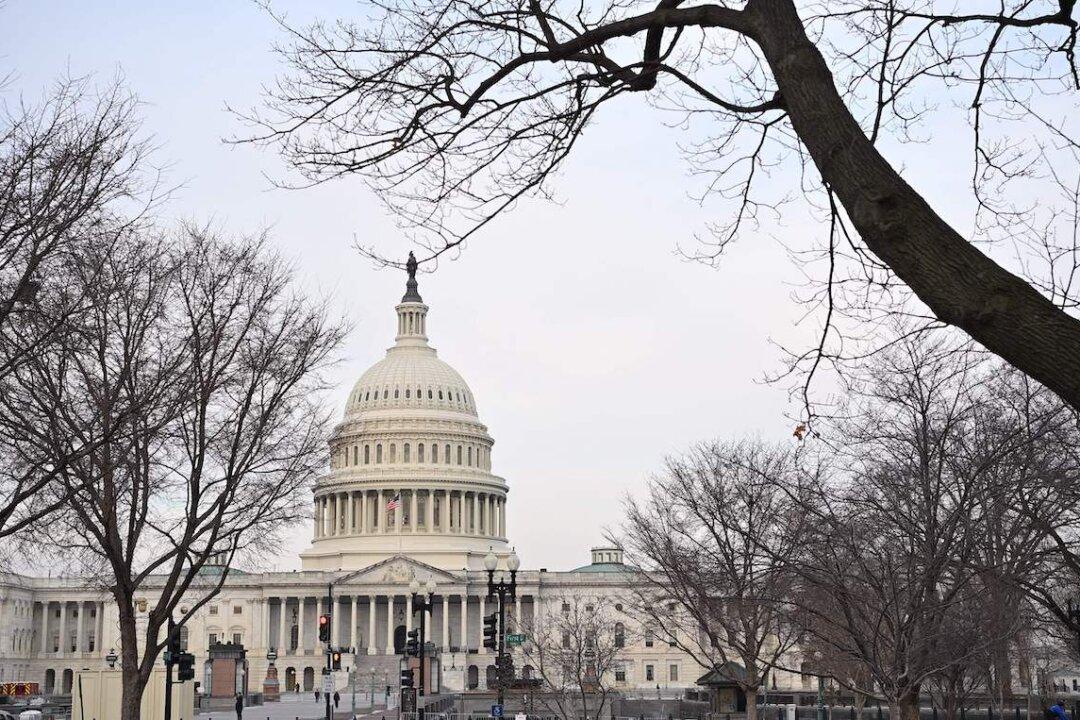The House of Representatives on Tuesday passed a temporary funding bill that would avert a government shutdown as lawmakers failed to finalize negotiations on a broader spending package before the February deadline.
Lawmakers voted 272–162 to pass the legislation on the short-term funding package, which was released Monday by House Appropriations Chairwoman Rosa DeLauro (D-Conn).




